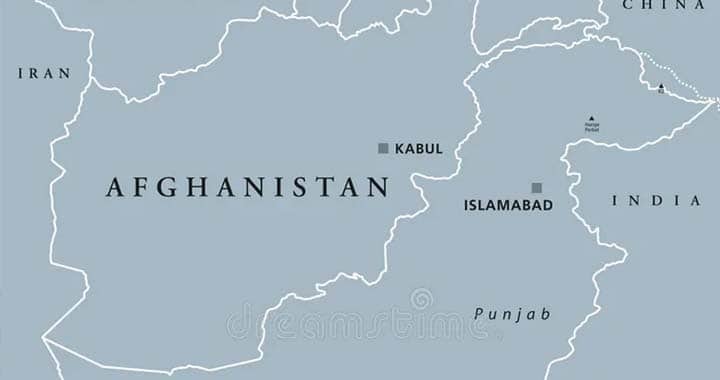Afghan political leaders will gather in Islamabad on Monday for a two-day conference aimed at building trust, enhancing regional cooperation and highlighting the role of women in Afghanistan’s future, organisers confirmed, after the meeting faced multiple postponements due to Taliban opposition.
The dialogue, scheduled for 29–30 September, is being organised under the “Women for Afghanistan” initiative in collaboration with the South Asian Strategic Stability Institute. It will feature dedicated sessions for Afghan leaders as well as joint discussions with Pakistani counterparts, with organisers describing the initiative as an effort to promote inclusivity and regional engagement.
According to participants, the conference is intended to provide Afghan political groups with space for dialogue at a time when opposition voices have been restricted within the country. One delegate confirmed their arrival in Islamabad ahead of the talks, underscoring the determination of Afghan stakeholders to proceed despite earlier delays.
The initiative has repeatedly been postponed. Initially planned for 25–26 June, the conference was rescheduled to July, then August, and later pushed to late September. Sources familiar with the process said the delays stemmed from Taliban objections to the inclusion of Afghan opposition figures invited by the Islamabad-based think tank.
The development has also drawn international scrutiny. Zalmay Khalilzad, former United States special envoy for Afghanistan, criticised Pakistan’s decision to host the meeting, calling it “irresponsible and regrettable.” While acknowledging that Afghans have the right to express political opinions, he described Islamabad’s support for the conference as “immature, provocative and wrong.”
Organisers, however, maintained that the aim is not confrontation but dialogue. “This initiative seeks to strengthen trust, expand cooperation, and ensure that Afghan women are not excluded from shaping the country’s future,” they said in a statement, insisting that such engagement is vital for stability in the region.





